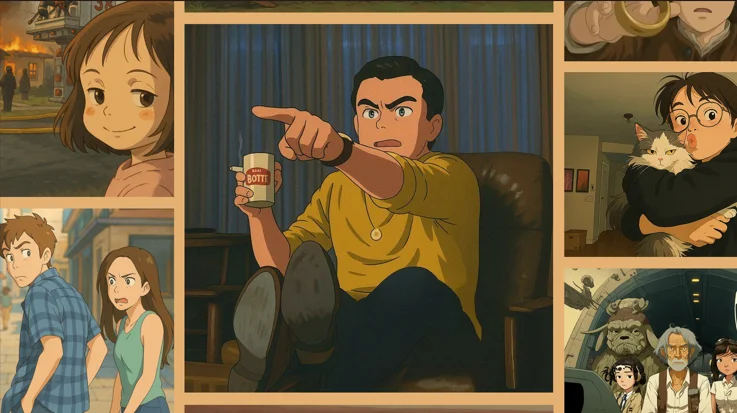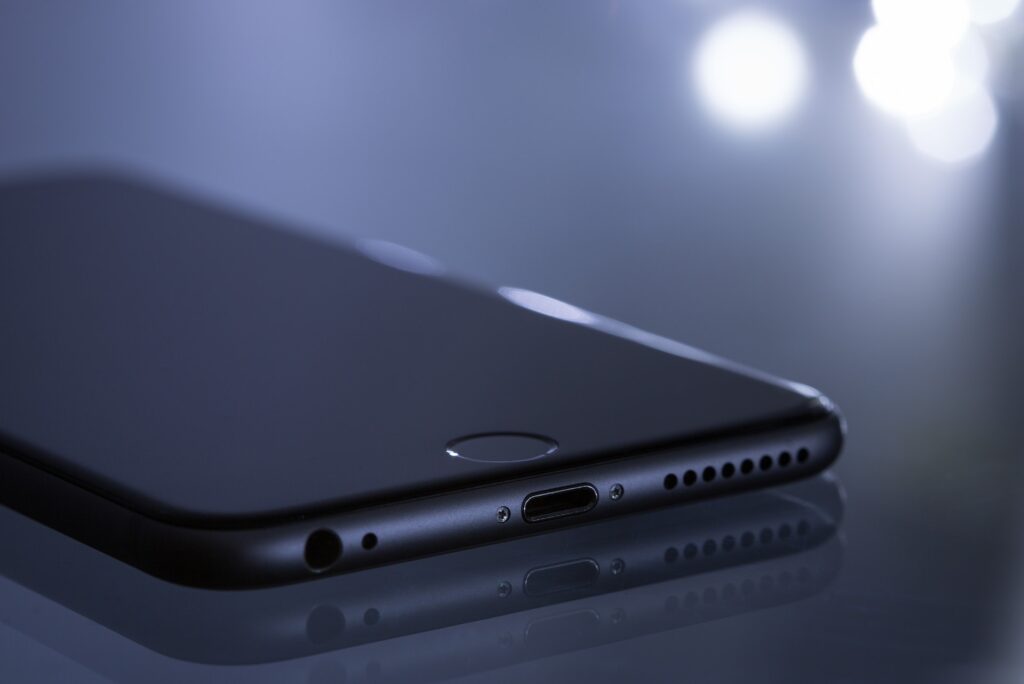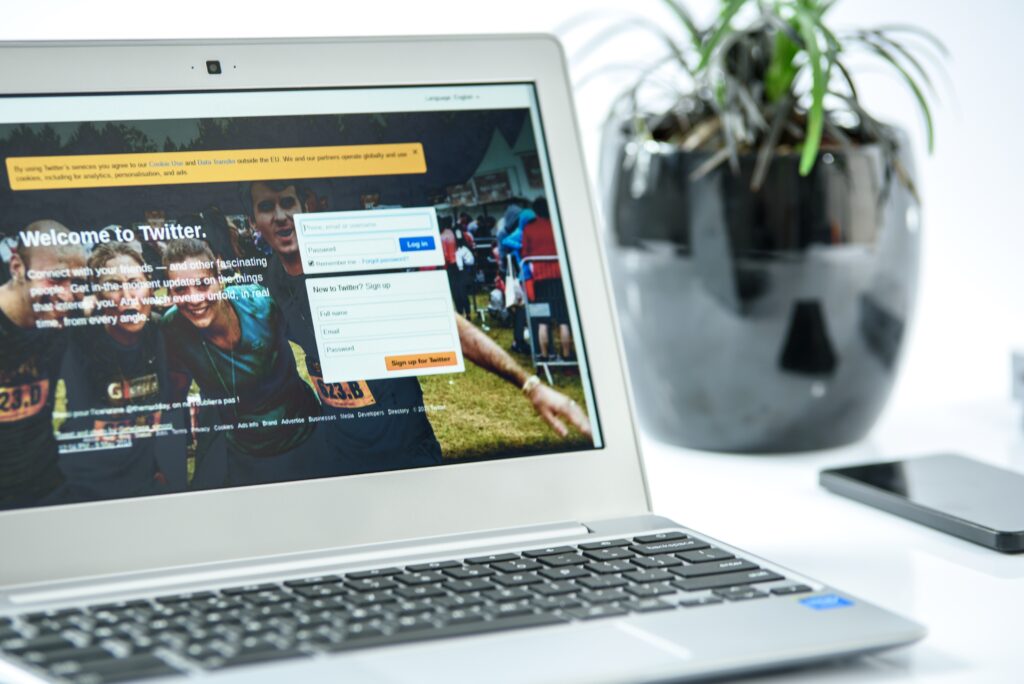The Article Tells The Story of:
- Servers on Fire – ChatGPT is overwhelmed as millions flood in for Studio Ghibli-style images. Can OpenAI handle the heat?
- AI vs. Copyright – Could Studio Ghibli take legal action, or is AI-generated art unstoppable?
- Brand Damage at Stake – Disturbing AI-made Ghibli images spark controversy. Will this force a crackdown?
- The Bigger Battle – As OpenAI faces lawsuits, is this just the beginning of AI’s legal war?
ChatGPT Servers Struggle as Studio Ghibli AI Trend Explodes
A new AI image trend has taken social media by storm, and OpenAI’s servers are feeling the pressure. The demand for Studio Ghibli-style AI-generated images has surged so dramatically that ChatGPT is struggling to keep up. OpenAI CEO Sam Altman acknowledged the issue on X (formerly Twitter), saying the servers were “melting” from the overwhelming traffic.
To manage the surge, OpenAI has imposed temporary rate limits on image generation. Free-tier users will now be restricted to three generations per day until further optimizations are made. Despite these measures, the trend shows no signs of slowing down.
Read More About Our Article of Personalize Your Photos with Apple’s AI-Powered Image Playground Published on December 1, 2024 SquaredTech
What Started the Ghibli Image Craze?
The viral trend began when Grant Slatton posted an AI-generated Ghibli-style image of himself and his wife on social media. The simplicity of the process, which only required users to prompt ChatGPT to “convert to Studio Ghibli,” led to a massive influx of requests. Even those unfamiliar with Ghibli films like Spirited Away and My Neighbor Totoro joined in, flooding the internet with AI-generated images in the beloved animation style.
While AI-powered artistic transformations are not new, this trend gained traction due to ChatGPT’s user-friendly interface. Unlike other platforms like DALL-E, which require more complex prompts, OpenAI’s chatbot made it easy for users to generate stylized artwork in seconds.
Can Studio Ghibli Take Legal Action?
The growing popularity of AI-generated images has reignited legal and ethical debates. Studio Ghibli has not yet taken any action against OpenAI, but there are two main legal arguments they could explore:
- Copyright Infringement Through Training Data – If OpenAI trained its AI using Studio Ghibli’s copyrighted films and artwork, the studio could claim unauthorized use of its intellectual property. However, OpenAI has not confirmed whether its models were trained on official Ghibli materials or only on fan art inspired by the studio’s work.
- Brand Damage – Some AI-generated Ghibli-style images have depicted controversial and inappropriate subjects, including historical tragedies. If Studio Ghibli can prove that these images harm its brand, it could pursue legal action against OpenAI for reputational damage.
However, intellectual property experts say these arguments may not hold up in court. Copyright law protects specific works, such as characters and scenes, but not broader artistic styles. According to Christa Laser, an intellectual property law professor at Cleveland State University, “If you just evoke the vibe of somebody else’s creative work, it generally doesn’t violate their copyright.”
OpenAI has policies against generating images “in the style of a living artist” but does not extend this rule to entire studios like Ghibli or Disney. Unless Ghibli can prove direct misuse of its copyrighted materials, legal action may be difficult.
The Future of AI-Generated Art
While Studio Ghibli has yet to take legal steps, other companies have already challenged OpenAI on copyright grounds. The New York Times recently won a key ruling allowing its lawsuit against OpenAI to proceed, claiming AI models were trained using millions of its copyrighted works without permission.
As AI image-generation tools continue to improve, the debate over digital art ownership and copyright will likely intensify. Studios and artists may push for stronger regulations to protect their work, while AI developers will need to find ways to balance innovation with legal compliance.
For now, the Studio Ghibli trend continues to dominate social media, drawing millions of users to ChatGPT. Whether OpenAI can sustain this level of demand—or if legal challenges will force changes—remains to be seen.
Read More About Our Article of Get The Best Free AI Image Generators of 2024: Unleash Your Artistic Potential. Published on August 22, 2024 SquaredTech
Stay Updated: Tech News – Artificial Intelligence



